Whether you’re starting a business or have been in business for years, you may have asked yourself this question at least once during your career: “CPA, Tax Preparer, Bookkeeper: What’s the Big Difference?” Wegmann Dazet Senior Tax Manager Richard Tullier discusses the difference amongst the three. People use these terms interchangeably, but the difference can be as small as a canal or as big as an ocean. So the question is, which one do you need?
First you must understand that not every CPA is a tax preparer, not every tax preparer is a CPA, and not every bookkeeper does taxes. Each one serves a valuable function and can be useful in your business depending on your needs. Someone might be one or all of these, and accounting firms may have all these professionals within their walls. Now that we’ve covered that, let’s get to the heart of the differences.
We’ll start with the bookkeeper, as this is likely the first person you need in your business. This could be you, your spouse, a friend, or in some cases a professional. A bookkeeper is that person who does just what the name says: keeps track of the books, the cash flow, what you owe, who owes you, and helps keep you out of the doghouse with your customers, creditors, and your bank. This person often has skills with general ledger package software and tends to be less costly per hour than the others while they spend more time in the day-to-day, repetitive details.
Next, is the tax preparer. Sometimes you just need someone to take your information and put it on the tax forms. Tax preparers you hear the most from during January through April frequently offer to do your taxes cheaper than someone else or guarantee you a maximum refund (remember, if something seems too good to be true, it probably is). However, most tax preparers don’t just do tax returns from January through April then stop working the rest of the year. Tax returns are due year-round. Tax preparers are busy doing not just income taxes but also payroll taxes and other accounting-related tasks. Some are Enrolled Agents (an IRS designation) or simply offer tax preparation services without an official certification.
The final category is the CPA, Certified Public Accountant, which I believe to be the best (granted I’m biased since I am one). The biggest difference between a CPA and the others is those three letters. This designation is earned after years of schooling and specific courses required by the AICPA (the governing body of CPAs) and by state boards of accountancy that regulate the profession state by state. CPAs undergo one of the toughest professional exams and must take mandatory annual continuing education (CE) as well as ethics courses in many states. In Louisiana, for example, a CPA averages 40 hours of required CE per year, whereas attorneys are required to have 12.5 hours of CE annually As a profession, CPAs do it all, Some specialize and only do taxes or financial work, and some do only audits; others act as bookkeepers, and some do payroll, and there are many other specialties, and many CPAs do them all. Many don’t only do data entry with taxes, but we can review and advise, and find potential deductions and revenue deferment, for example. But in general, a CPA is going to be able to serve all roles, and help you get to the next level.
CPA, Tax Preparer, Bookkeeper: What’s the Big Difference? If you are not sure what fits your needs, please give us a call. We are happy to help.
- Entity Choice and Tax Planning - August 29, 2023
- EMPLOYEE RETENTION CREDITS – That offer might not contain the full story - June 5, 2023
- ADVANCED CHILD TAX CREDIT – CLAIM IT OR OPT OUT? - June 28, 2021


